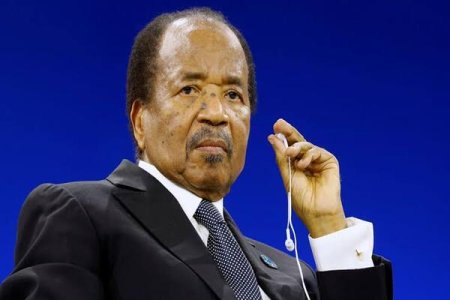
Rumors of Cameroonian President Paul Biya’s death have sparked political speculation over succession plans, with opposition figures challenging potential dynastic rule. Following Biya’s extended absence from public events, concerns grow about Cameroon’s future leadership. Calls for transparency intensify amid discussions of interim leadership and democratic reform.
Rumors of Cameroonian President Paul Biya's death have stirred political speculation and raised questions about the country's leadership succession. Biya, who has ruled Cameroon since 1982, has been absent from key events, including the China-Africa Summit in early September and the recent Francophonie summit in France. This extended absence has led to public concerns over his health and ability to govern.
Cameroonian lawyer Christian Ntimbane publicly addressed these concerns in an open letter, calling on the government to clarify the president's situation. He urged transparency, stating that if Biya is ill or on vacation, officials should communicate this to the public to alleviate growing anxieties.
Political observers speculate that a succession plan may already be in place, possibly involving Biya's brother-in-law, Robert Nkili, who could assume an interim leadership role. However, opposition figures, such as Maurice Kamto, might contest any attempt to establish a dynastic transfer of power, advocating instead for democratic reforms and elections.
Paul Biya, who first took office on November 6, 1982, after serving as prime minister, is Africa's second-longest-serving leader and the world’s oldest head of state. At 91, his prolonged rule has been both praised for its stability and criticized for its authoritarian nature. As rumors continue to circulate, Cameroonians and international observers alike watch closely for official updates that could signal a shift in the nation's political landscape.
As of now, no official statements have confirmed Biya’s death, leaving the country in a state of uncertainty.





